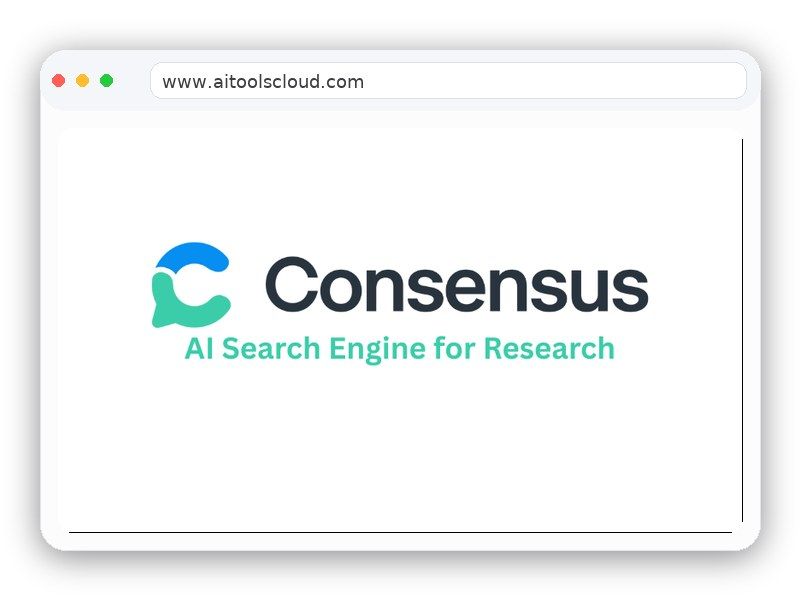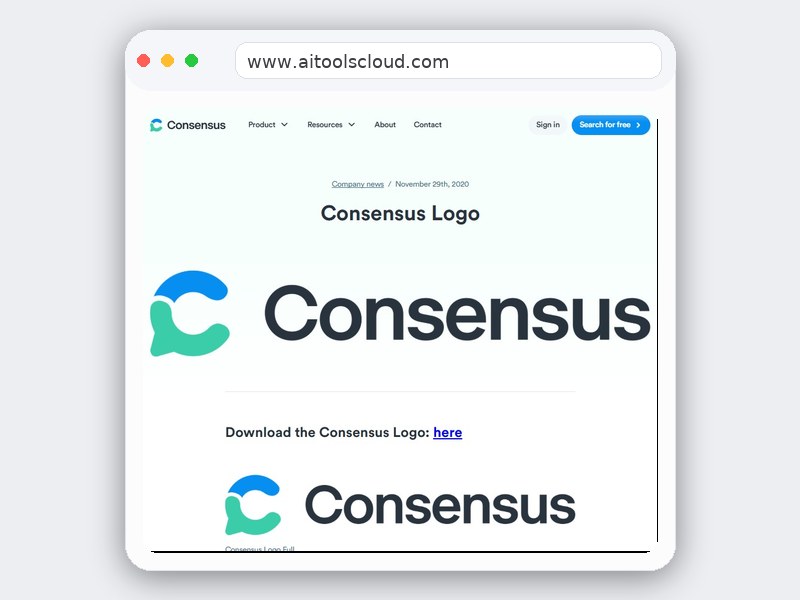Consensus AI is an AI-powered research assistant that helps you find trustworthy, science-based answers in less than a minute. Instead of reading through dozens of papers and spending hours searching, it scans thousands of peer-reviewed studies, filters out the noise, and gives you a clear, evidence-backed answer. This solves a big pain point for students, researchers, and professionals who need quick, reliable information without the time-consuming manual process.
The platform is simple to use — just type your question, and Consensus AI searches its database of scientific literature, summarizes the key findings, and presents them in plain language. It helps reduce research stress, speeds up decision-making, and ensures you are relying on credible sources. Whether you are working on academic research, business decisions, or personal learning, Consensus AI makes accessing scientific knowledge faster, easier, and more accurate.

